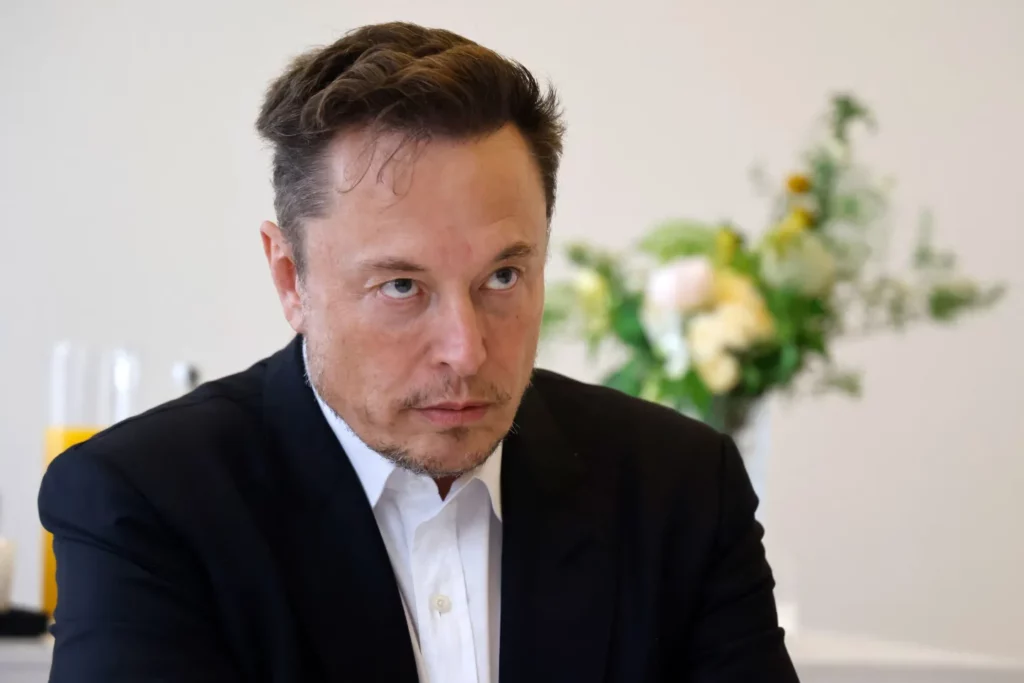Tesla’s latest quarterly report has sent shockwaves through the global business world, marking what could be a pivotal downturn for both the company and its CEO, Elon Musk. With profits plunging nearly $1 billion compared to the previous year—a staggering 71% decline—Musk’s image as an untouchable innovator is beginning to crack under mounting global pressure.
Once a poster child for electric vehicle (EV) innovation, Tesla now finds itself facing sharp resistance in key markets. In China, once its most lucrative foreign territory, Tesla has stopped taking new orders for the Model S and Model X due to weakening demand. Industry insiders blame growing competition from domestic EV leaders like BYD, along with a consumer shift away from Musk’s polarizing public persona and controversial political statements.

Europe isn’t faring much better for the company. Musk’s alignment with far-right figures and increasingly provocative social media posts have turned off many European customers. At the same time, established automakers such as BMW, Volkswagen, and Mercedes-Benz have stepped up their EV offerings—delivering models that match or exceed Tesla’s features, often at more competitive price points.
Financially, the numbers paint a troubling picture. Tesla’s Q1 2025 earnings dropped to $409 million from $1.39 billion in the same period last year. Revenue fell to $19.3 billion, and gross margins slipped to 16.3%. While Tesla still generates strong cash flow and maintains a leading U.S. market position, the downturn is enough to spark real concern among investors.
Musk attempted to downplay the situation, stating that his role in the controversial Department of Government Efficiency (DOGE) was winding down and promising to refocus on Tesla full-time. However, confidence is wavering. A short-lived after-hours stock bump did little to offset Tesla’s yearlong slide of over 40%.
Adding to the headwinds are mounting regulatory challenges in the U.S. The National Highway Traffic Safety Administration (NHTSA) is investigating multiple incidents involving Tesla’s Autopilot and Full Self-Driving features, amid criticism that the company overstates the technology’s capabilities. Musk continues to promise major advances, including a robotaxi rollout and full autonomy by year’s end, but experts say the tech isn’t ready—and regulators agree.
Internally, Tesla is trying to pivot. Plans are underway for a more affordable Model Y to jumpstart demand. And the company still brings in substantial revenue through emissions credit sales. But with global sentiment turning, Musk’s larger-than-life persona may be becoming a liability rather than an asset.
Some analysts now question whether Musk’s leadership is still the right fit for Tesla’s next chapter. As one insider noted, “This isn’t just a business problem—it’s a brand crisis.”
Tesla’s future isn’t sealed. But if it’s to rebound, it may take more than just Musk’s renewed presence. It may take a reset.